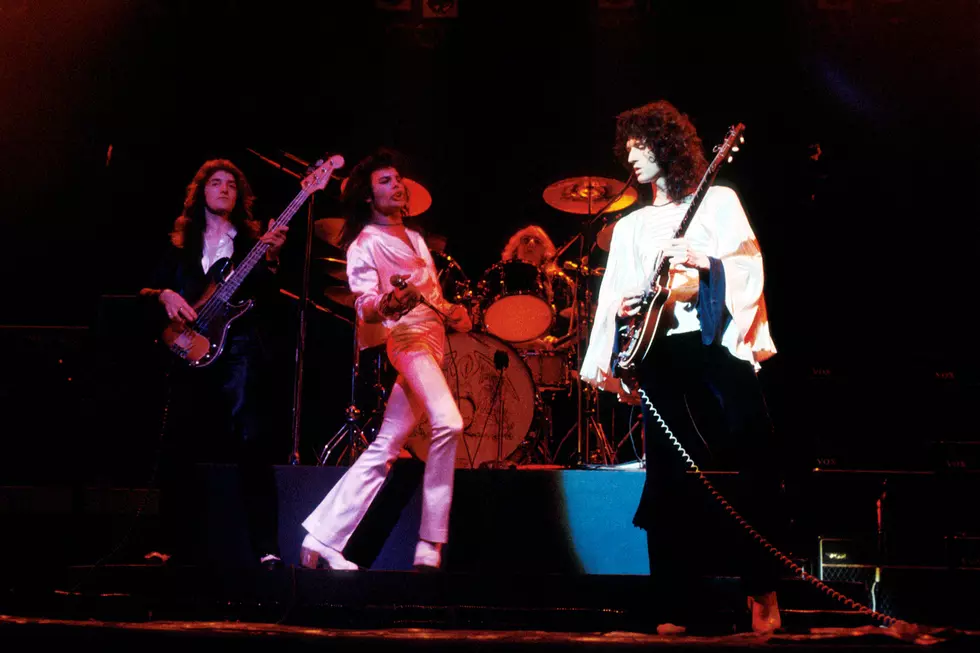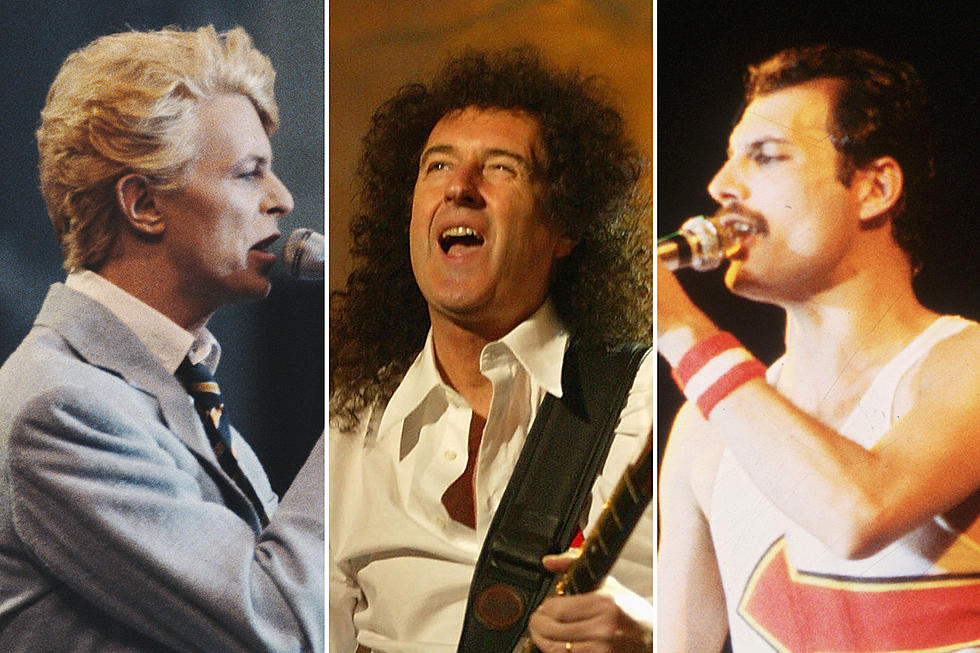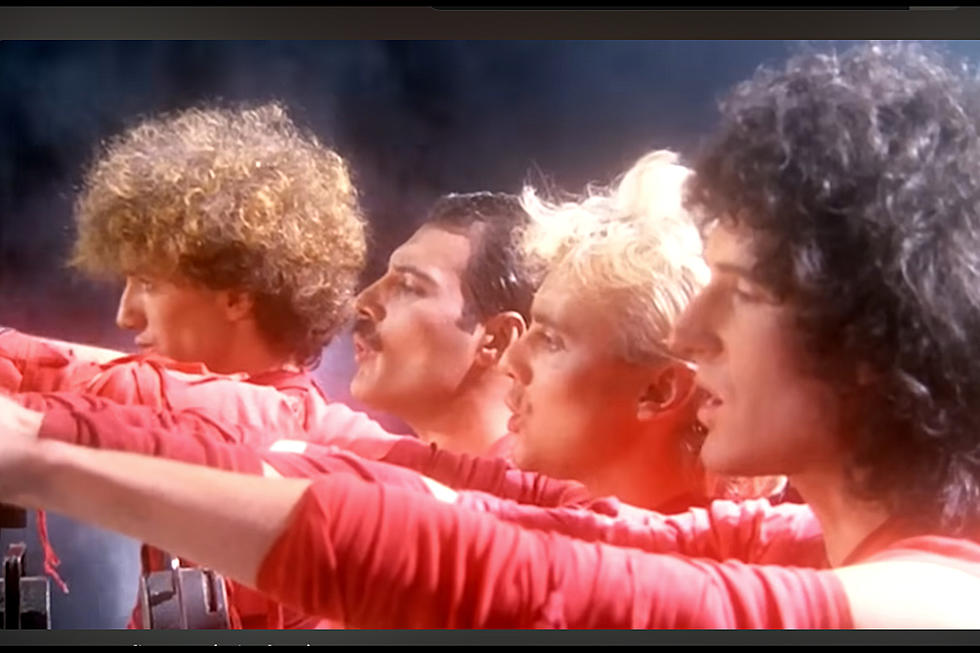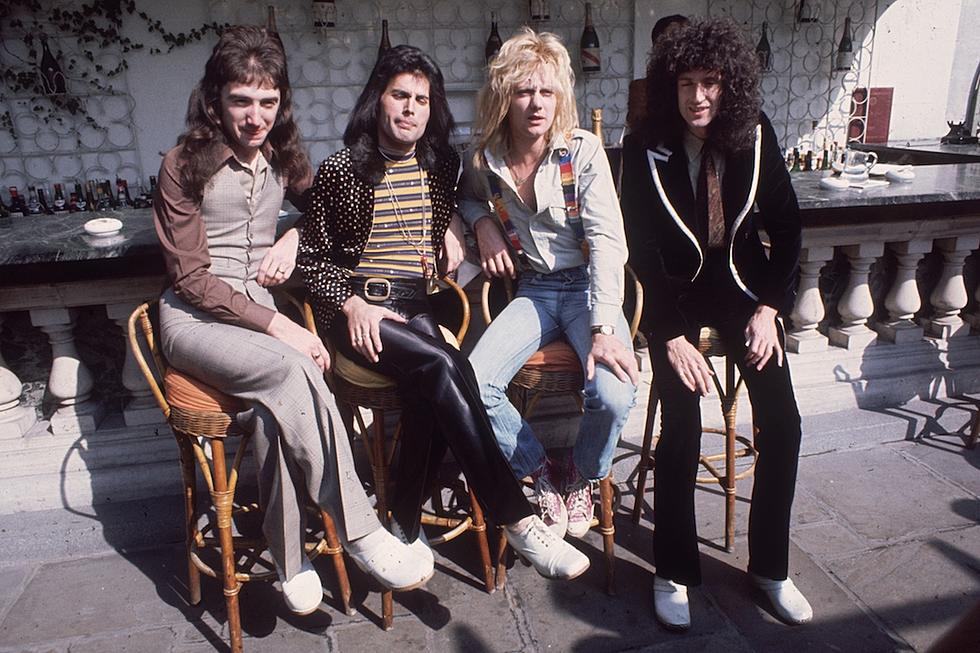
Why There Probably Won’t Be a ‘Bohemian Rhapsody’ Sequel
Most award-winning blockbuster hit movies are surrounded by sequel rumors, and Bohemian Rhapsody is no different. But could one work for the celebrated Queen biopic?
Band co-founder Brian May famously joked about the prospect back in November, sparking a host of breathless headlines. No confirmation that such a plan is in the works has followed.
Yet, there is much history is left to tell, since the film ends at Queen's Live Aid performance – six years before singer Freddie Mercury was felled by AIDS. Queen released three more albums, and mounted their most successful European tour, during that span. Mercury also worked tirelessly in his final days to produce enough vocal material for a posthumous release, which became 1995's Made in Heaven.
Among the challenges: A sequel might unfortunately have to retcon some of what Bohemian Rhapsody condensed in order to move the script along – including the fact that Mercury's AIDS diagnosis did not take place before Live Aid.
Bohemian Rhapsody also left out key elements of his story, not least of which was a more detailed examination of Mercury's relationship with Jim Hutton. They met in 1985, the same year Live Aid was held, and their relationship continued until Mercury died at age 45 in 1991.
“I think we all would have loved to show more of Freddie's relationship with Jim toward the end of his life," Bohemian Rhapsody star Rami Malek told the Hollywood Reporter. "That relationship was absolutely gorgeous – and if I had it my way, boy, would I love to tack on another hour to this film and fill in a few gaps. It's never going to be perfect in fulfilling the story of a man who we could make countless documentaries about and countless miniseries about."
Watch Queen Perform 'Bohemian Rhapsody' on Freddie Mercury's Last Tour
Stephen Frears, one of the early directors attached to the long-gestating project, said initial treatments featuring lead actor Sacha Baron Cohen would have taken a far less sanitized approach to Mercury's private life. "Sacha wanted to make a very outrageous film, which I would imagine Freddie Mercury would have approved of,” Frears told Vulture. “Outrageous in terms of his homosexuality and outrageous in terms of endless naked scenes."
None of that sounds like a movie with a PG-13 rating, however, and that designation no doubt helped Bohemian Rhapsody rack up best-ever ticket sales for a music-focused biopic.
Instead, the film focused on Mercury's relationship with his former fiancee and dear friend Mary Austin (played by Lucy Boynton) during its first half. Only later does Mercury reveal to her that he was bisexual. The script minimizes Mercury's relationship with DJ Kenny Everett, and ignores restaurateur Winfried Kirchberger and actress Barbara Valentin, among others. Even at the end, the late Hutton is reduced to only a spectral presence.
"He had a beautiful relationship with Jim Hutton, and we had a finite period in which we wanted to tell this story," Malek told USA Today. "Believe me: There were conversations left and right about how to incorporate more of that story into this film. It was something I pushed for, to be quite honest, as much as possible and repeatedly brought to the attention of producers and directors and everyone who would listen."
Dexter Fletcher, who was brought in after original director Bryan Singer's departure when the film was approximately two-thirds finished, might also want a shot at completing his own take on the Queen legacy. But he's downplayed the notion, telling IndieWire he "was just proud to be able to be a part of it and help complete what I think is a great film."
Watch Freddie Mercury's Final Video With Queen
Is any of that enough to build a sequel around? And how could they top that ending?
Early on, no small amount of drama surrounded a rumor – seemingly confirmed by Cohen – that Bohemian Rhapsody's final act might focus on the band's post-Mercury era. The prospect of watching the singer's difficult final days would be excruciating, and it's difficult to believe there'd be comparable interest in stints by successors Paul Rodgers and Adam Lambert.
That said, 1992's Freddie Mercury Tribute Concert could provide a rousing finale, topped by the final full-concert appearance of now-retired Queen bassist John Deacon. That would match the emotional high point of the original film, without having to return to Live Aid – and once again fulfill Bohemian Rhapsody producer Graham King's stated goal to "uplift audiences, rather than have them leave feeling depressed or emotional about Freddie and what he went through in his personal life."
You don't have to be an industry insider to appreciate the difficulties in replicating this kind of outsized success. Maybe it's best just to leave off where Bohemian Rhapsody did, with Freddie Mercury on top of the world.
"I think there's a natural culmination there," May told Classic Rock. "We felt that was the pinnacle – despite what some people have said in the press, who know fuck-all about it. This is all about Freddie, and I think Live Aid is a good point to leave it."
The Best Song From Every Queen Album
More From Ultimate Classic Rock









